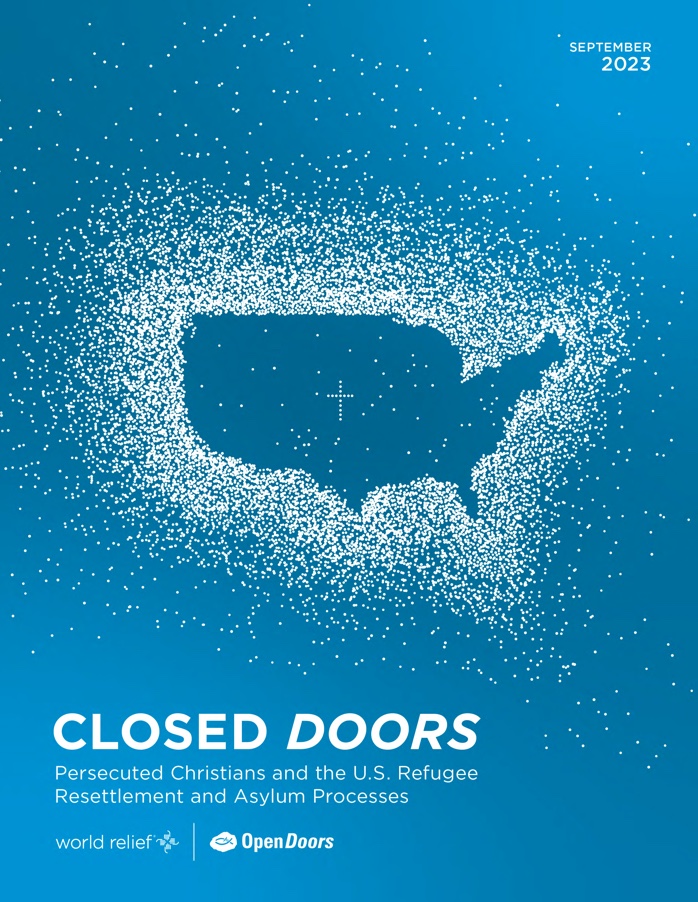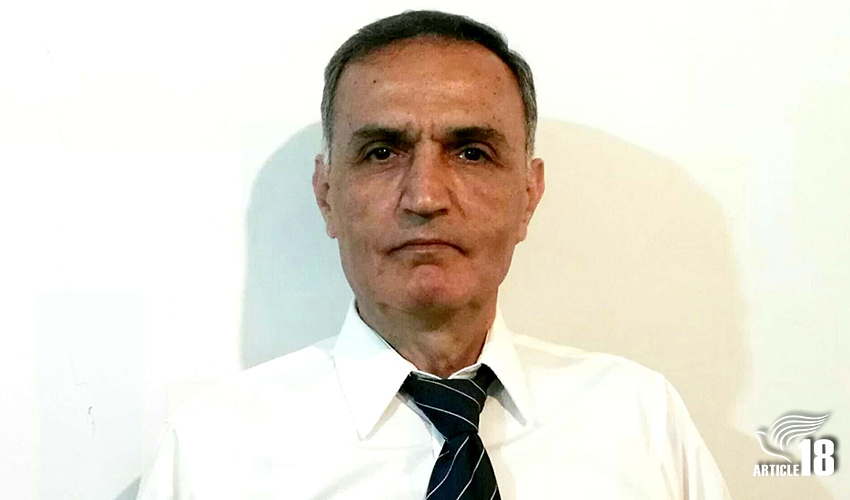
by Steve Dew-Jones | 4 Oct 2023 | Features
An Iranian Christian couple recently resettled in Canada have spoken of their longing to finally be able to call somewhere “home”, having spent seven and a half years as refugees in Turkey. Earlier this year, Article18 released a report outlining the “critical need”...

by Steve Dew-Jones | 29 Sep 2023 | Features
Elmira Torabi says becoming a refugee was the last thing on her mind when she left Iran in early 2021 to begin a master’s degree in nanotechnological engineering in Rome. But within four months, Elmira had not only discontinued her studies, but had left Italy for...

by Steve Dew-Jones | 22 Sep 2023 | Reports
Iranian Christians continue to be among the most affected by the significant drop in refugee resettlement to the United States in recent years, according to a new report. Just 112 Iranian Christians were resettled to the US last year, 95 per cent fewer than 2016, the...

by Steve Dew-Jones | 22 Sep 2023 | News
Iranian Christians continue to be among the most affected by the significant drop in refugee resettlement to the United States in recent years, according to a new report. Just 112 Iranian Christians were resettled to the US last year, 95 per cent fewer than 2016, the...

by Steve Dew-Jones | 18 Sep 2023 | News
As Iran’s president was flying to New York this morning, an Iranian-Armenian pastor was handing himself in to prison in Tehran to begin a 10-year sentence for engaging in “propaganda contrary to and disturbing to the holy religion of Islam”. Anooshavan Avedian, who is...






